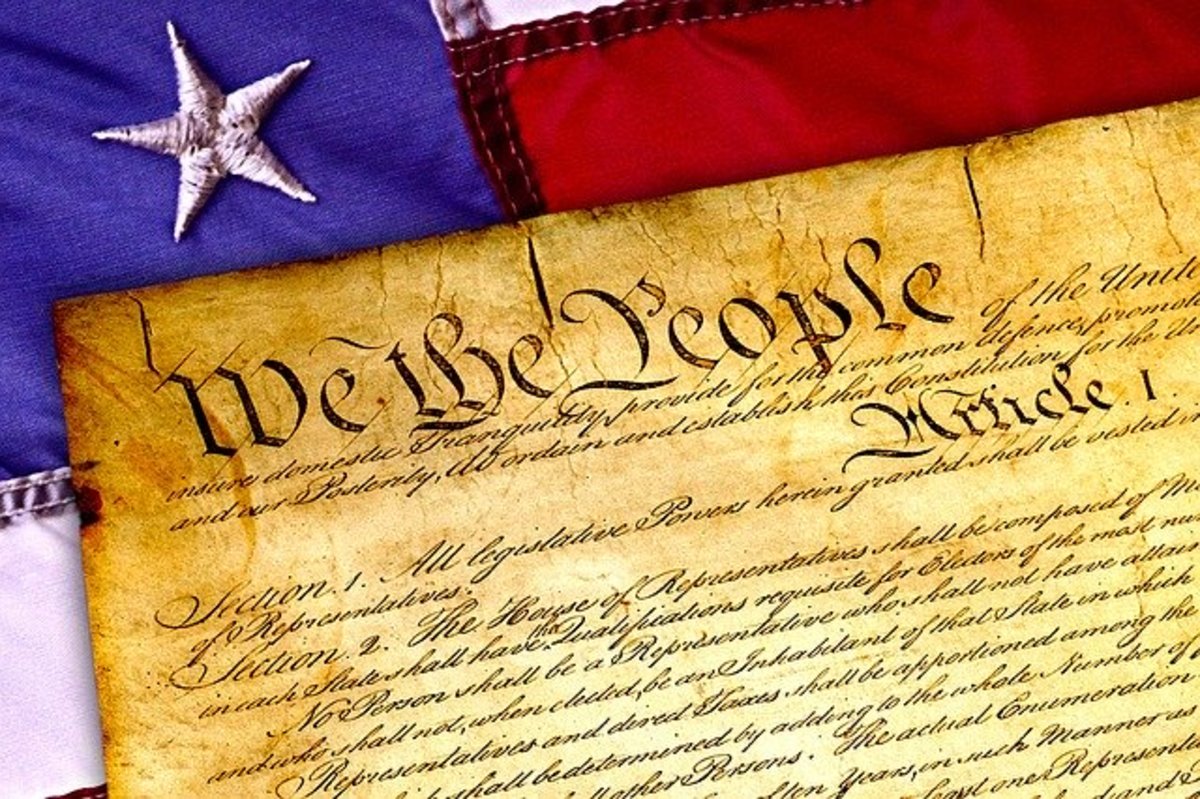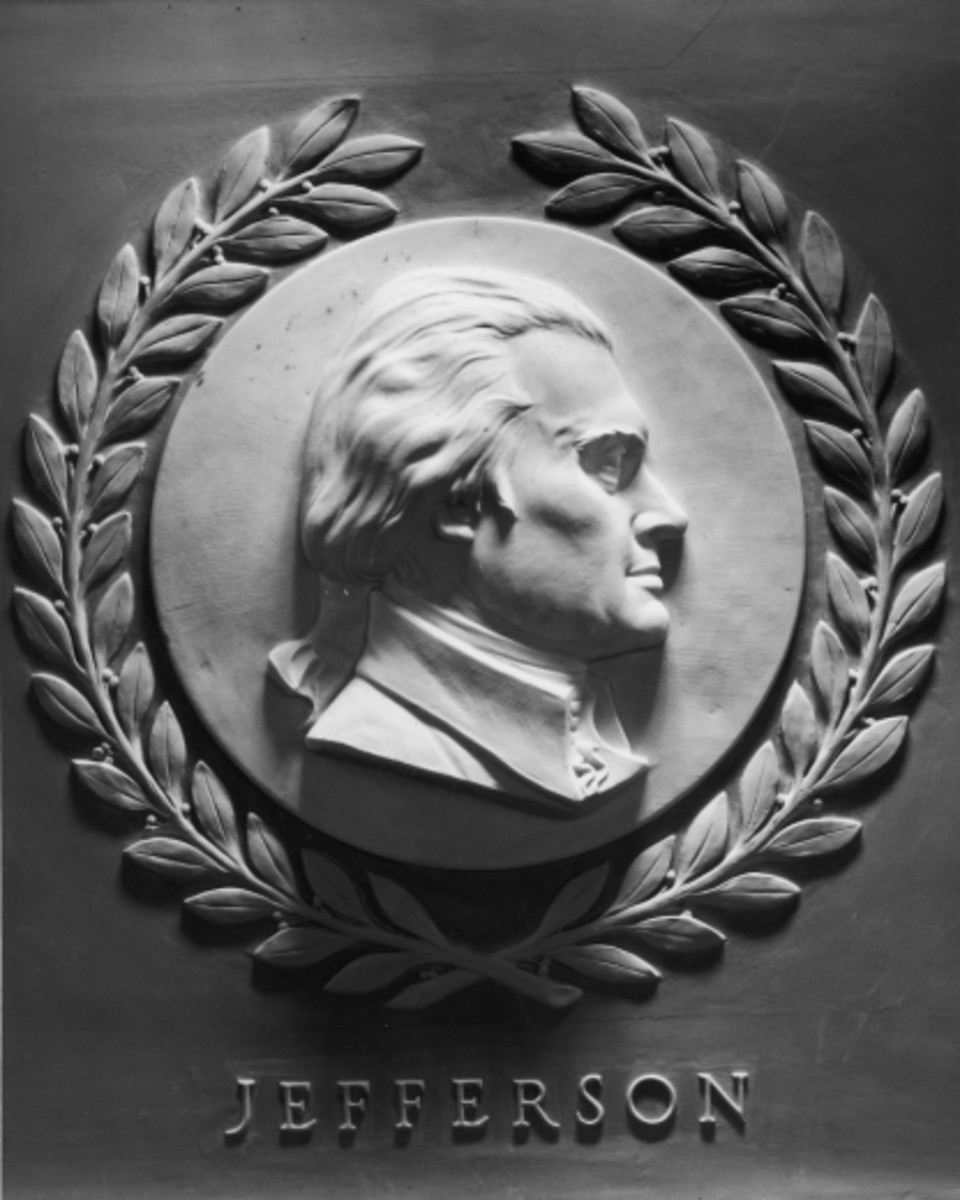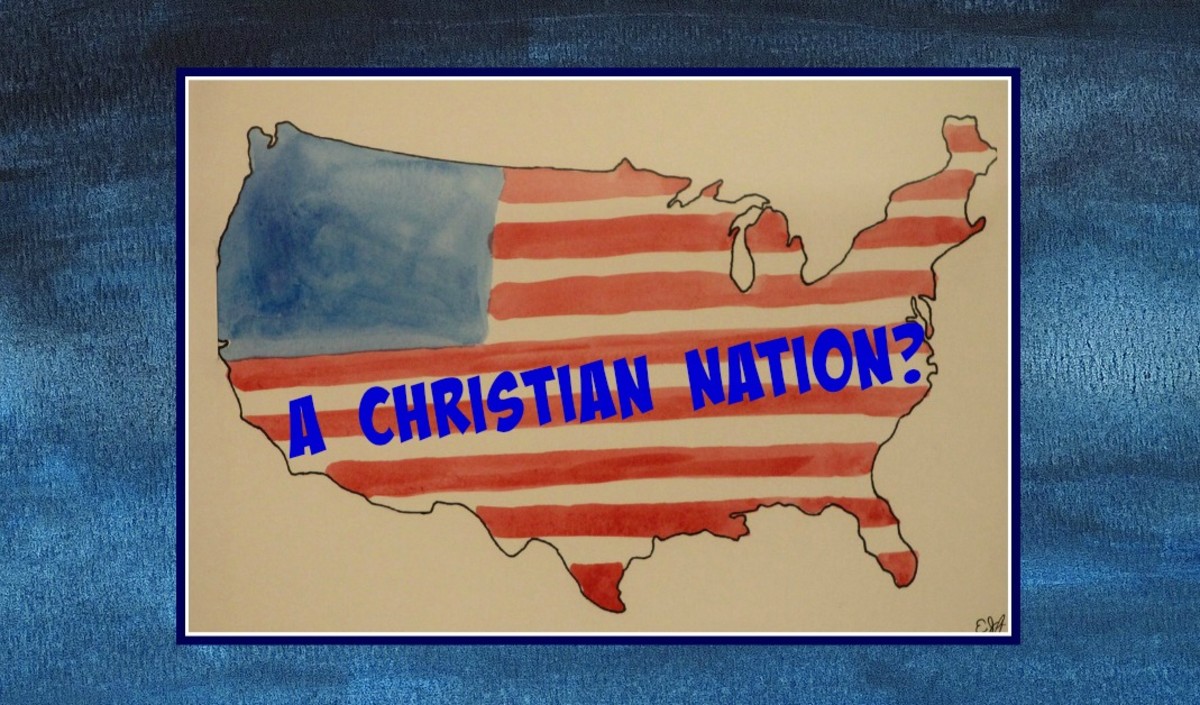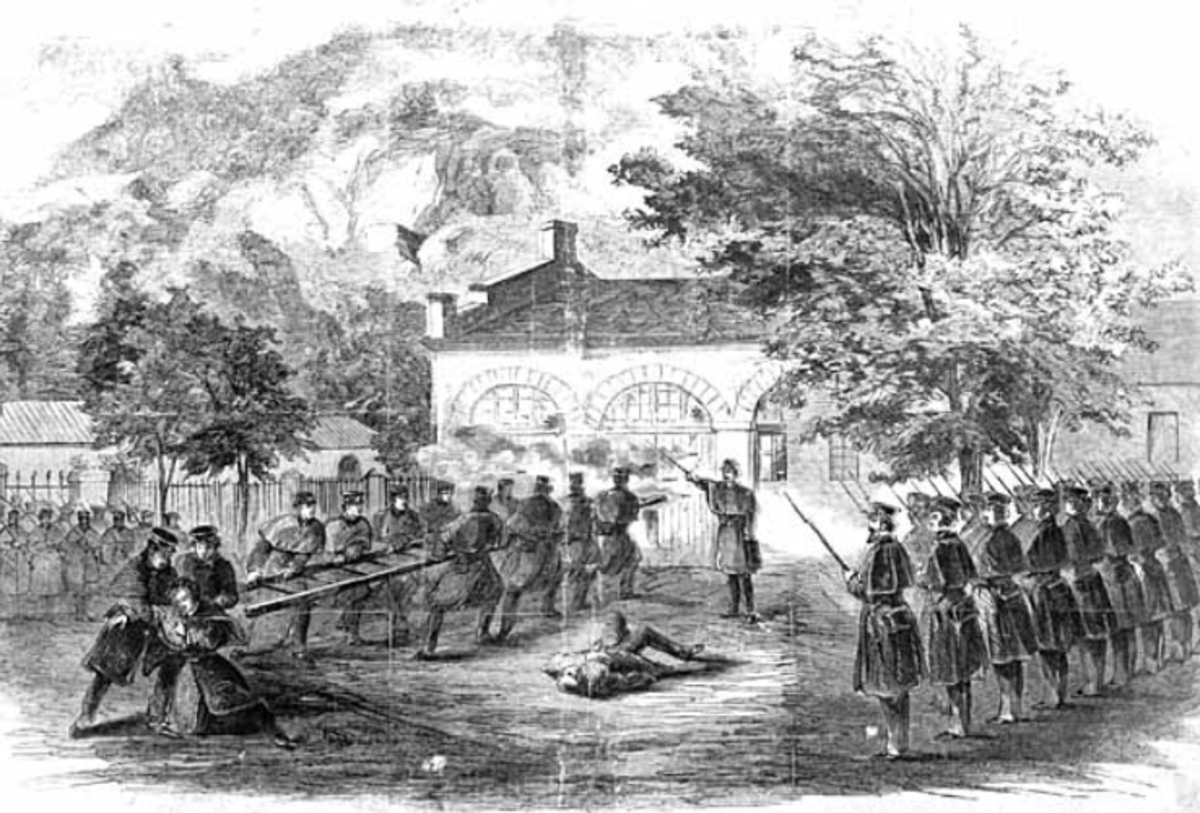United States Constitution Explained - The First Amendment
Congress shall make no law respecting an establishment of religion, or prohibiting the free exercise thereof; or abridging the freedom of speech, or of the press; or the right of the people peaceably to assemble, and to petition the Government for a redress of grievances.
— United States ConstitutionText of the First Amendment
"Congress shall make no law respecting an establishment of religion, or prohibiting the free exercise thereof; or abridging the freedom of speech, or of the press; or the right of the people peaceably to assemble, and to petition the Government for a redress of grievances."
As all law in the United States is derived from the United States Constitution, the text is where we need to start, though surprisingly, only a small fraction of United States citizens have read the actual text of the Constitution.
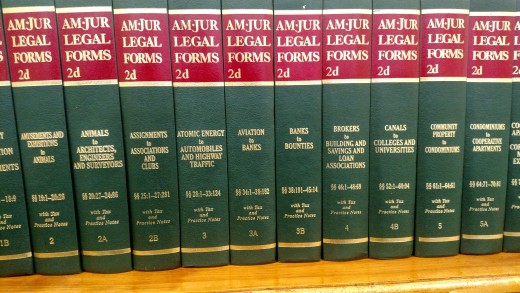
State Action
It is important to understand that the First Amendment only applies to State Action of the Federal Government directly, and to the individual states through incorporation by the Fourteenth Amendment. This State Action includes Congress passing laws, departments passing regulations, police enforcement of laws, and any time the government makes a decision, acts, or forces others to act or not act.
State Action does not include contracts between private citizens such as employment relationships or choosing who to serve. There are other laws that prevent discrimination in situations such as these, but not the First Amendment.
Establishment of Religion
"Congress shall make no law respecting the establishment of religion"
As with most of the First and Second Amendment, this is one of the most controversial provisions of the US Constitutions. At its least controverted, this means that neither the United States, nor any state within the US, may establish a State Religion. This clause has been interpreted to prevent required prayer in schools, but allowing nondenominational prayers at graduation ceremonies.
Although the phrase is never actually said in the Constitution, this is sometimes referred to as the "separation of church and state," as coined by Thomas Jefferson.
Free Exercise of Religion
"Congress shall make no law prohibiting the free exercise thereof"
Just like how the government cannot force a particular religion on any person, the government also cannot prohibit a person from exercising their sincerely held religious beliefs. At the core of this clause, this means that the government cannot pass a law that forbids the practice of any religion.
Certain religious practices can be prohibited when the prohibition when they are at odds with other rights or when there is a secular government interest. For example, sacrifices and certain drug use has been ruled acceptable restrictions by the United States Supreme Court.
Freedom of Speech
"Congress shall make no laws abridging the freedom of speech"
This is the right most commonly referred to when talking about the First Amendment. What this means is that the government cannot infringe on your freedom of speech. This includes both federal and state governments, as well as all agencies and actors of the government (such as police).
A common misconception about this Amendment is that it prevents anyone from infringing on your freedom of speech. This is not true. Any private actor can take whatever legal actions they want against you for your speech. This can include firing you, if they're your employer, refusing to serve you, forcing you to leave a private establishment, and more.
Additionally, there are areas that are not protected because our courts have determined that these forms of speech are so repulsive, they harm the community just by their utterance. Hate speech, speech that incites violence, child pornography, and defamation are just a few of the areas that are not protected from government restriction.
Freedom of the Press
"Congress shall make no law abridging the freedom of the press"
The freedom of the press is the same freedom that individuals have in the freedom of speech, except that it is accompanied by extra protections. The press cannot be compelled to reveal their sources, nor can they be held liable for defamation unless you can show actual malice. These protections are in place because the press serves an important role in conveying truthful, relevant, content to the citizens of the United States, so that we may control our government opposed to our government controlling us.
Once again, this freedom only applies to state action, meaning that a reporter can be fired for her work. There are still areas the government can restrict such as the child pornography or speech that incites violence.
Interestingly, the decision on whether or not this freedom applies to bloggers is still uncertain. If bloggers were covered, you and I would be covered for our articles on Hubpages. If not, we would still be protected by the Freedom of Speech; however, we wouldn't be granted the higher protections. A lot of the debate revolves around whether or not the content is of public interest. Are tabloids more important to the public than a blogger? I'm sure we'll find out soon.
Right to Assembly
"Congress shall make no law respecting the right of the people peaceably to assemble"
The right to assemble is the right to form associations and have public meetings without interference from the government. There are limitations to this, such as limits on where people can assemble, but as we saw in McCullen v. Coakley, these territory restrictions are becoming more and more scarce (at least for the time being).
This portion of the First Amendment is why the KKK or Neo-Nazis can hold parades in Black or Jewish neighborhoods, but it is also the clause that allows us to form groups to discuss what we don't like about the government. Constitutional scholars and the Courts have made it clear that it is impossible to draw a line on what content based assembly should be protected and what shouldn't.
Right to Petition the Government
"Congress shall make no law respecting the rights of the people to petition the Government for a redress of grievances"
This clause gives the citizens of the United States the right to lobby the state and federal government and the right to sue the government. Though there are many limitations placed on the right to lobby and the right to sue the government, these rights are guaranteed to us under this clause of the First Amendment.
Additionally, if you lobby a Congress member, he or she does not have to listen or follow what you ask. They are simply restricted from preventing you from lobbying them.
The restrictions that are placed on these rights are ones that our courts have determined are necessary. Imagine a world where every citizen of California was allowed unlimited access to his or her Senator. It would be centuries before that senator could perform her duties.
Poll
Which First Amendment freedom do you think is the most important
Summary
The First Amendment to the United States contains many rights that you've heard of. These rights are considered fundamental to a free republic. Without these rights, our founders feared that the government could control ideas and thoughts and devolve into a monarchy.
To recap, the freedoms instilled by the First Amendment are (broadly speaking):
- Freedom of Religion
- Separation of Church and State
- Freedom of Speech
- Freedom of the Press
- Freedom to Assemble
- Freedom to Petition the Government
Each of these freedoms can be broken down into many more freedoms that we all enjoy. Just like any several-hundred-year-old pillar of our country, this Amendment has been interpreted and discussed by the Courts hundreds of times to become the protections it is today.
If you have any questions, comments, or concerns, feel free to comment below, but please keep all person or political attacks off of here. Thank you!
© 2016 Richard Bobholz

